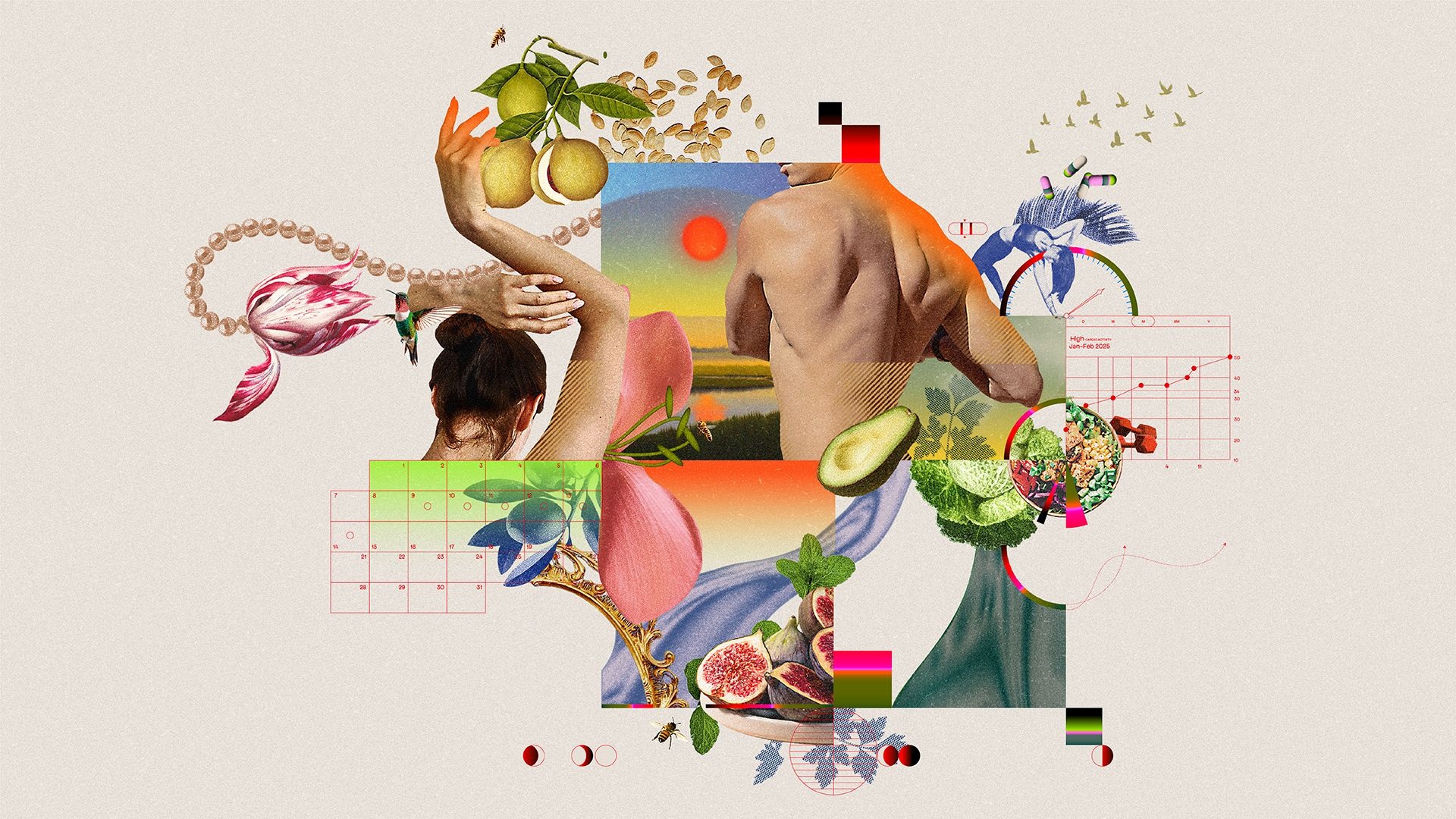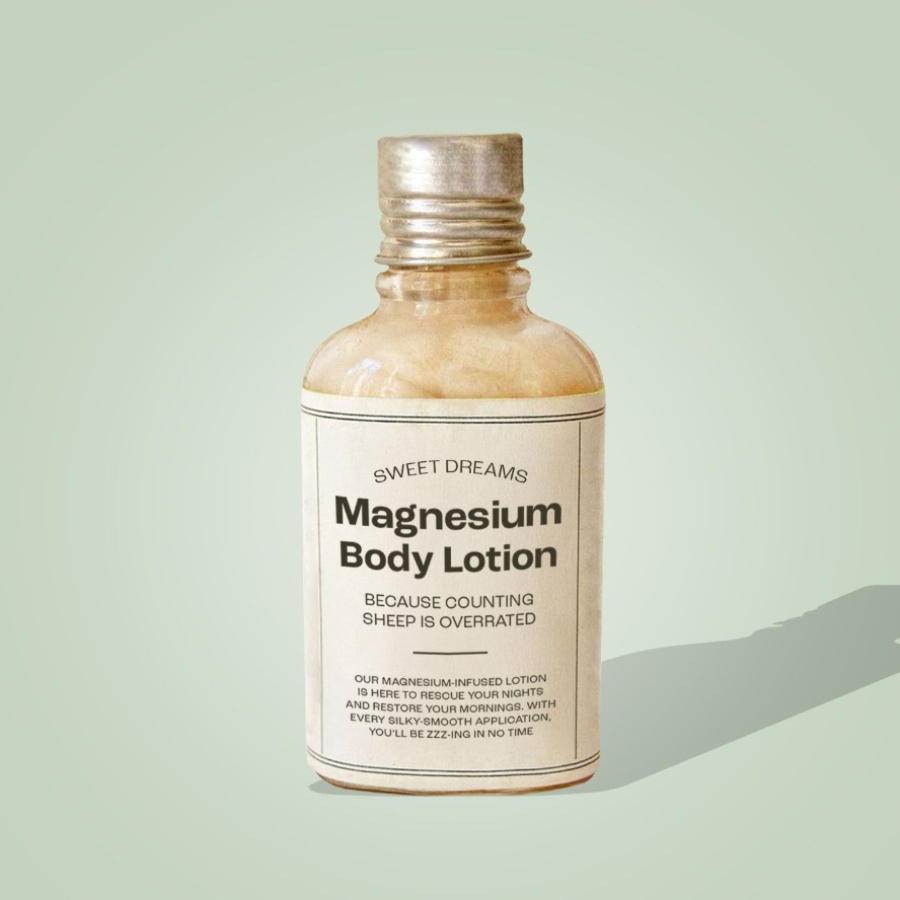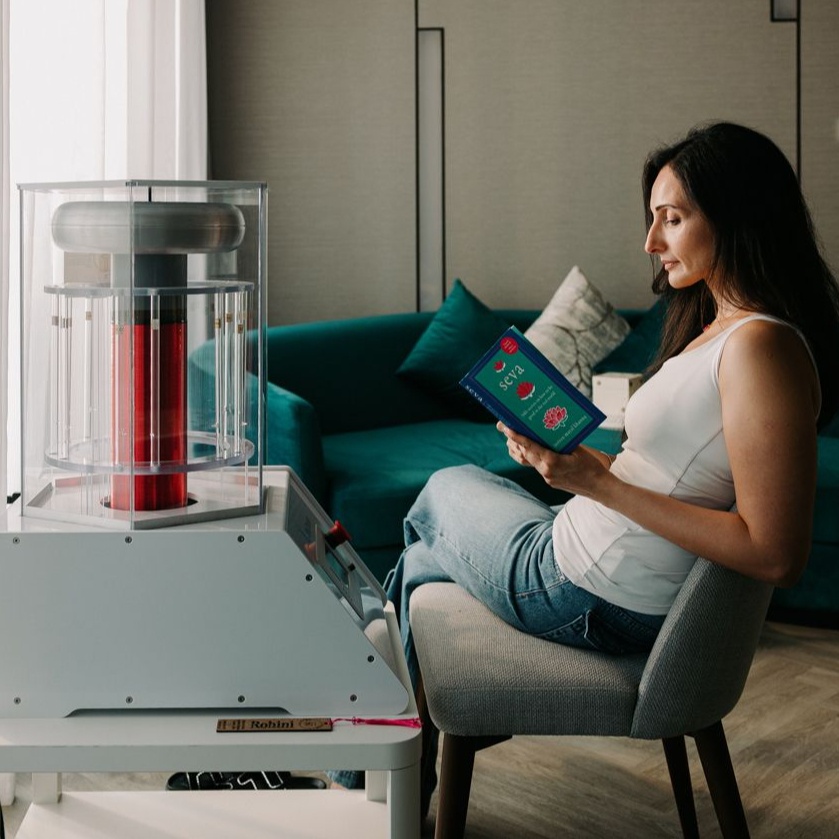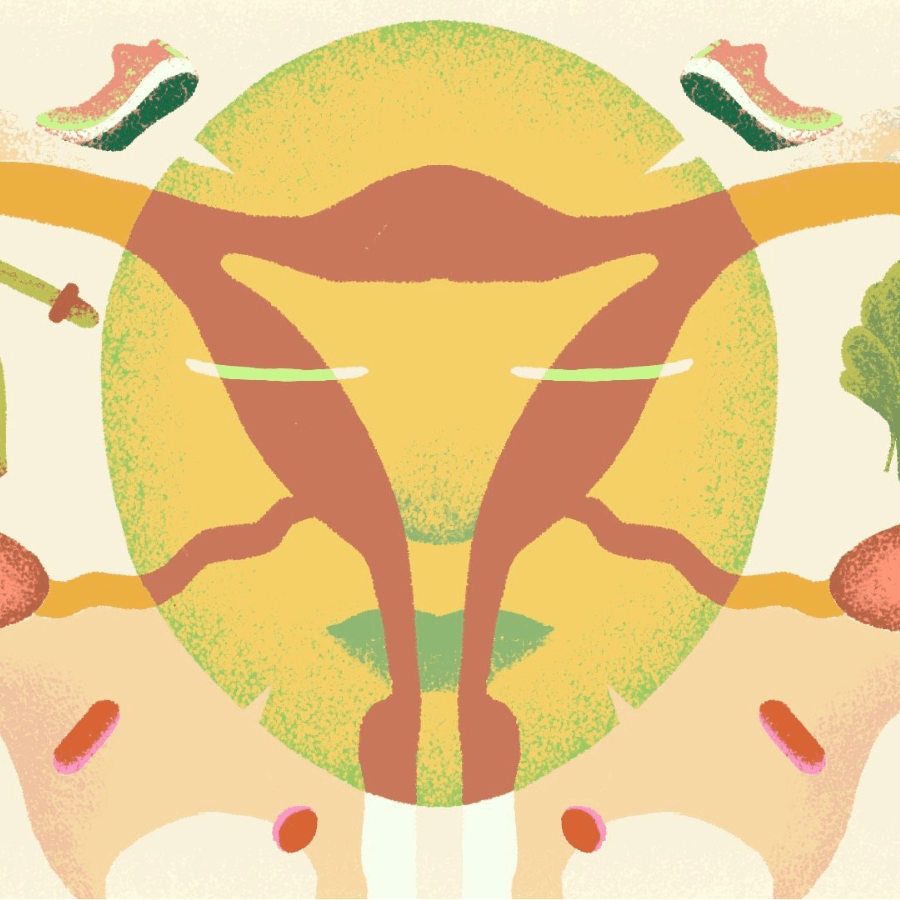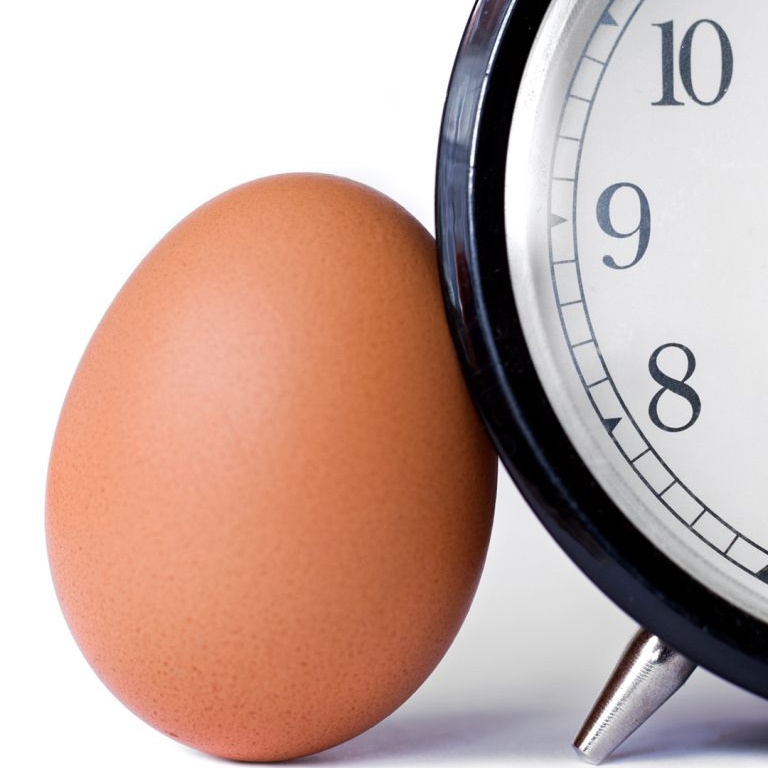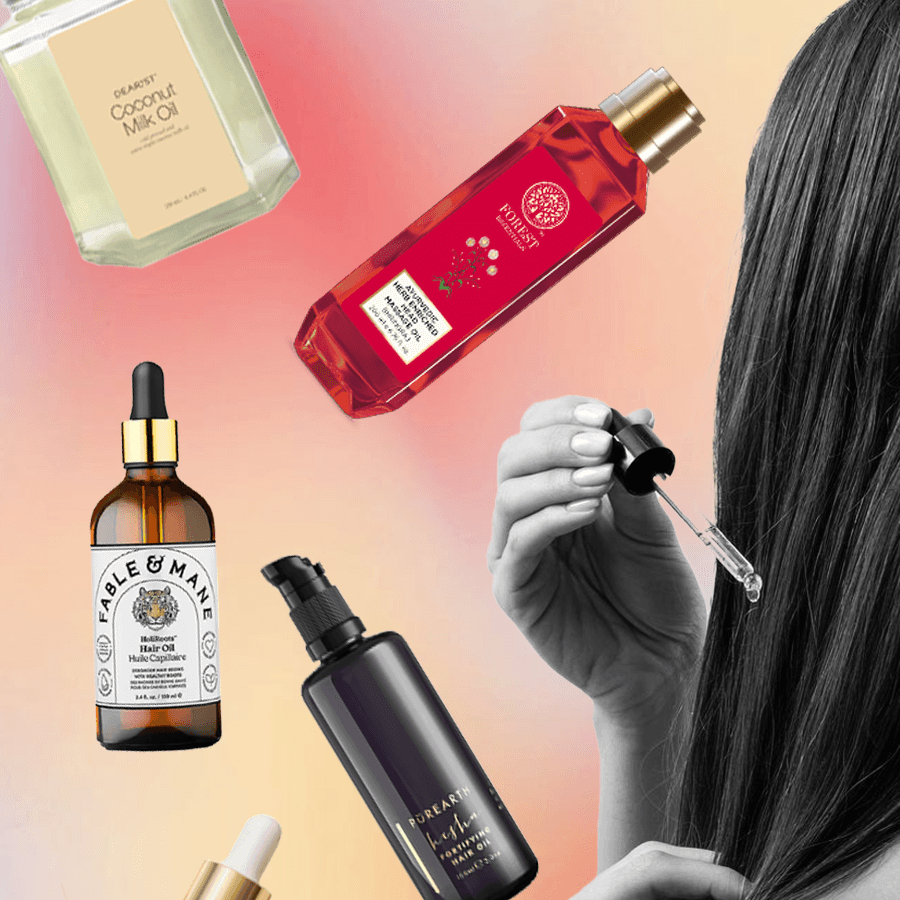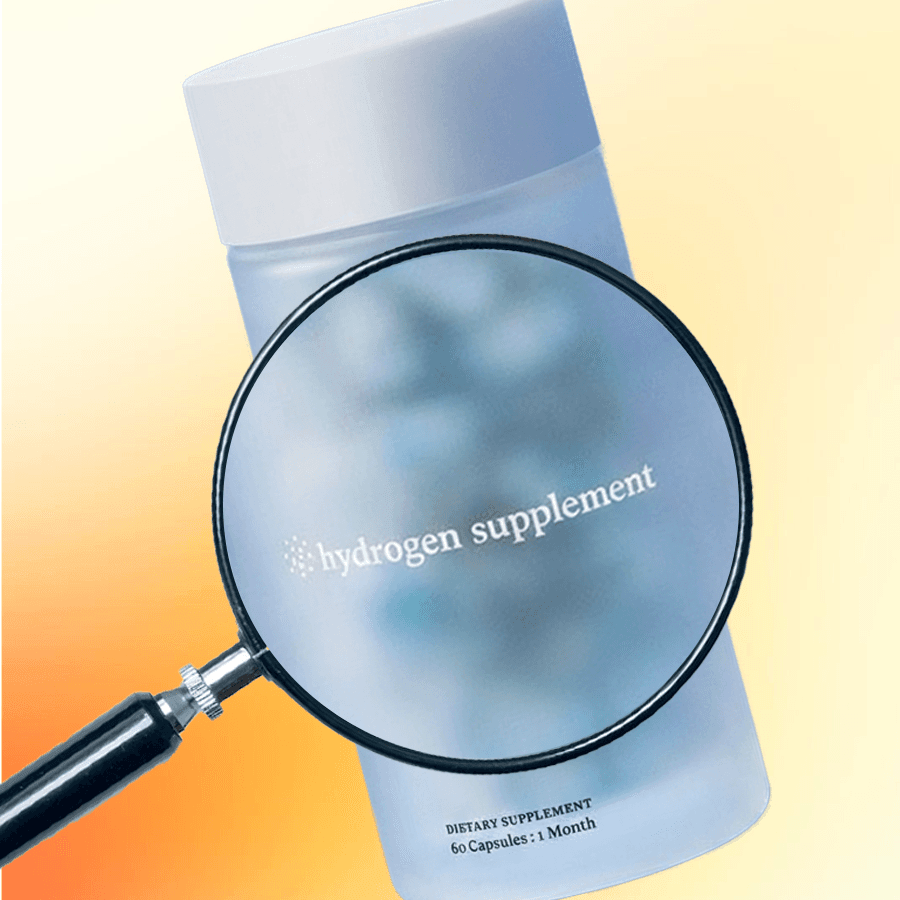Forget baby showers and nursery planning. The latest health obsession? The ‘pre-baby boot camp’. Gen Z and millennials are biohacking their reproductive health long before even deciding if they want kids. Couples who were once out hustling hard and partying even harder are in full Namaste mode—swapping cocktails for chlorophyll shots, tracking ovulation like they once tracked macros, and purging their bodies of toxins before even thinking about pregnancy. Just like gym memberships and skincare routines, fertility optimisation is becoming a core part of self-care, fuelled by TikTok wellness trends and Silicon Valley’s obsession with longevity.
Take Kourtney Kardashian and Travis Barker’s much-publicised conception journey—clean eating, detoxing and holistic wellness treatments—or the TikTok boom of ‘cycle syncing’ and ‘seed cycling’ influencers promoting hormone optimisation. Even Gwyneth Paltrow’s Goop empire is pushing fertility detoxes and hormone-balancing protocols as the next big wellness must-haves. And let’s not forget the growing number of celebrities freezing their eggs—Rebel Wilson, Rita Ora, and Paris Hilton, among them—reframing it as a smart, strategic choice rather than a last-minute scramble.
Not too long ago, conversations about reproductive health were strictly baby-focused. But now, it has become part of the bigger self-care conversation. For Priyanka Prasann, now 35, the shift happened three years ago, right when the COVID-19 lockdown hit. “My husband and I committed to a complete lifestyle reset—working out, cutting out alcohol, eating right, practising yoga, trying acupuncture, and staying on top of our supplements,” she shares. Essentially, a ‘pre-baby cleanse’ to get their health in top form. “It was easy for us since we were in lockdown, with none of the usual social pressures to navigate.”
It’s a different story for Prachiti Parakh, 33, and her 34-year-old husband. Life is a balance of work, play, and soon pre-baby prep. “We love to party. He smokes. I enjoy going out, drinking, the whole scene,” she admits. But they have a plan. “We’re giving ourselves the next two months to do whatever we want—no holds barred. But after that, we’re locking in a six-month reset before even trying to conceive—just good nutrition, exercise, sleeping well, and doing everything we can to optimise our egg and sperm quality.”
Social media has been a game-changer in shaping her perspective, she says. “I feel like there’s so much we were never told,” she laughs. She had even considered freezing her eggs before marriage but now feels more in control of her reproductive health. “Lifestyle impacts fertility for sure. We lean towards traditional medicine, but I know I’ll be reading the Bhagavad Gita and listening to good music as a way to de-stress,” she adds.
What’s bringing about this shift? Blame it on a mix of science, social media and changing priorities. People are waiting longer to have kids (or choosing not to at all), but they still want options. At the same time, fertility tech is booming, and talking about hormone health is no longer taboo. And, of course, there are the rising costs that make having a baby feel like a luxury.
“I've been practising for 40 years, but it’s only recently that I have seen a sharp rise in couples—and even individuals—coming for preconception counselling,” says Dr Kiran Coehlo, well-known obstetrician and gynaecologist who consults at Lilavati Hospital and Research Centre, Hinduja Healthcare Surgical, and the soon-to-open Luma Fertility Clinic in Mumbai. And couples are moving beyond conventional methods, doctor-approved of course.
For Dr Coelho, on a recent trip to Japan, a routine stroll through Tokyo turned into a deep dive into modern fertility trends. As she wandered past the city’s many pet cafés, she noticed young couples doting over cats while sipping matcha lattes. Intrigued, she struck up a conversation with one pair and asked what brought them there. Their answer? Their gynaecologist had suggested these visits as a way to unwind—because stress doesn’t just mess with your mind; it impacts fertility too. While this isn’t exactly breaking news, what is interesting is how reproductive wellness is becoming mainstream.
Annual fertility tests are becoming as routine as getting your teeth cleaned. A quick blood test or ultrasound can tell you a lot about your hormone levels, ovarian reserve or sperm health. “I’m seeing a lot more men come in with their partners too, fully committed to the process,” says Dr Coehlo. Egg and sperm freezing used to be a niche move, but now, more people are investing in it like they would in financial planning. “So many of my own unmarried women residents have done this. It’s a way to keep options open—no biological clock stress required,” she adds.
Ananda Spa, one of India’s most luxurious wellness retreats tucked away in the Himalayas, has seen a surge in couples enrolling in its 21-day Fertility Enhancement Programme, launched just over a year ago. A highly customised blend of Ayurvedic wisdom, yoga, traditional Chinese medicine and emotional healing, it’s rooted in Vajikarna, the ancient branch of Ayurveda focused on fertility, with an emphasis on detoxification, metabolic refinement, and hormonal balance to enhance the performance of the reproductive seed, or shukra dhatu. Clients range from couples preparing for conception to individuals facing endocrinal imbalances, metabolic or lifestyle disorders, obesity, PCOS and erectile dysfunction, and even those planning egg freezing, opting for surrogacy or undergoing IVF.
“We didn’t introduce the fertility programme as a spur-of-the-moment decision,” explains Dr Naresh Perumbuduri, senior Ayurvedic physician at Ananda. “Since 2019, we’ve seen a steady rise in women—especially those facing reproductive disorders—actively seeking fertility support through holistic methods, with nearly 30 to 40 per cent looking for alternative solutions.” Initially, the focus was on menstrual health, helping women regulate their cycles naturally. As they began to see improvements hormonally, physiologically and psychologically, it became clear that a dedicated fertility programme was needed. “We’ve observed significant progress in ovulation, hormonal balance and even ovarian reserve. Many women who previously struggled to conceive have shown remarkable results after undergoing these therapies at the retreat,” he says.
And it’s not just women who are benefitting. “We’ve treated many men with a high DNA fragmentation index, meaning their sperm DNA has significant damage,” explains Dr Perumbuduri. Low sperm motility is another common issue. Treatments at Ananda focus on detoxifying the body, flushing out accumulated toxins from pollution and chemical exposure that can harm sperm health. “Through a structured 21-day detox combined with targeted lifestyle modifications, we help restore optimal testicular function and improve overall reproductive health,” he adds.
With growing awareness, proactive fertility planning is no longer reserved for those facing challenges. “Platforms like Instagram are driving conversations around preconception health and its impact on egg and sperm quality. We’re seeing a lot more come in when they realise their AMH (Anti-Müllerian-Hormone) levels are low, their testosterone is dipping, or they want to lose weight before trying to conceive,” says clinical nutritionist Dr Juhi Agarwal of SelfCare by Suman. But she’s quick to point out that fertility-focused nutrition isn’t just for future parents. “Even if you’re not actively trying, you can still conceive. That’s why making healthier choices as soon as you start the conversation with your partner is crucial.”
Beyond fertility, however, taking care of reproductive health means boosting overall well-being. Balanced hormones impact energy, metabolism, mood and even libido. And that ‘pre-baby glow-up’ you’ve heard about? Yeah, it’s real.
